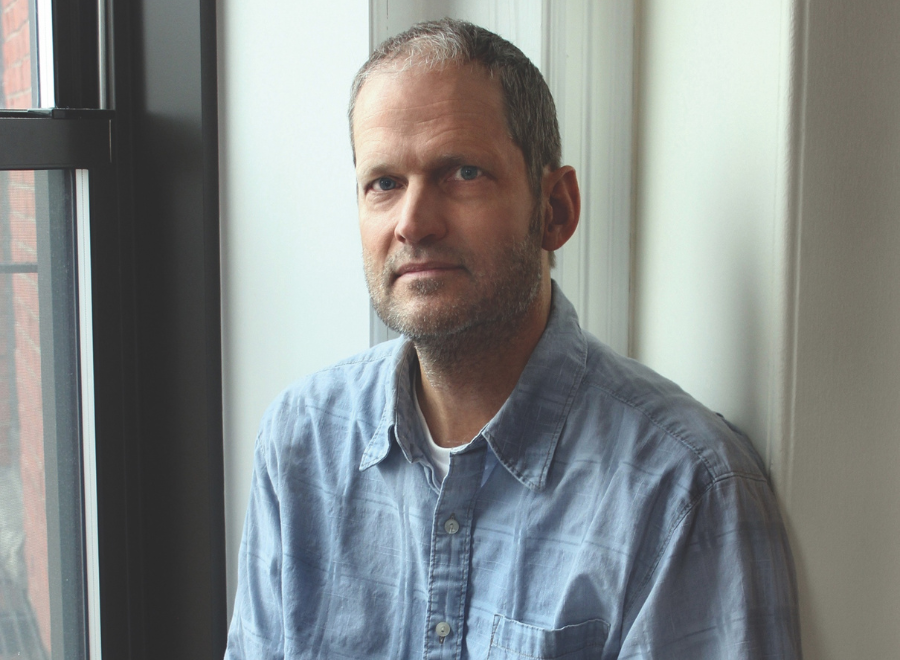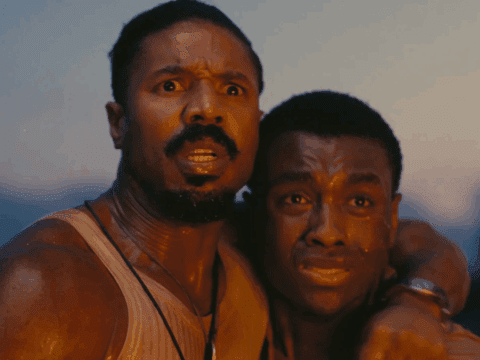Stephen Prothero, professor of religion at Boston University, has written extensively on faith in America and is a popular commentator on radio and news programs. He spoke to Martha Martin at his office.
Martha Martin: In your book Religious Literacy, you talk about how religiously illiterate most Americans are. Why do you think this matters?
Stephen Prothero: The problem is that Americans are very religious, but we know very little about religion. We have politicians increasingly talking about religion, and Americans increasingly unable to understand what they are talking about. If [politicians] are quoting from the Bible, it’s important for citizens to be able to engage in that debate. We can’t really do it because we don’t know enough about our religions or the religions of other people.
MM: One solution you advocate is to go back to teaching religion in public schools. What’s the difference between academic education, as you put it, and devotional or moral education?
SP: There are two ways to talk about religion. There’s a churchy way and a more academic or secular way. We can talk about religion in an academic way, just as we can talk about art or music as a human experience that scholars and teachers ought to pay attention to.
I’m teaching two introductory courses at Boston University, and one thing I say early on is that I’m not going to try to argue that religion is a good thing or a bad thing. That’s for another venue. But what we try to do is make sense of this human phenomenon, this human experience. So I think that’s an important distinction.
MM: You propose looking at major religions in terms of their differences, rather than their similarities, in your book God Is Not One. Why is this approach important to you?
SP: First and foremost, because it’s true. It’s just not the case that the world’s religions are essentially the same. I think that idea, which is very popular, is really a product of misplaced desire rather than a product of analysis. We are worried about religious conflict, and we jump to this simplistic idea that the way to help religions get along is to pretend they are basically the same. But no one really buys it. The idea has always struck me as odd, because it’s anti-pluralist, anti-diversity. The reason I have studied religions is because I find their differences fascinating. I think it’s a better basis for inter-religious dialogue and co-operation to start with religious difference and then to proceed to understanding, appreciation or respect of difference, rather than trying to compress things down to one common religion.
MM: When you get to differences of perspective on issues like sexual orientation or feminism, I find it hard to have a meaningful dialogue with some faith traditions.
SP: My view of the interfaith movement is somewhat dim, in the sense that for most of my lifetime, the movement hasn’t been very dialogical; it’s been pretty monological. The people who participated were liberals who believed in the unity of religions. They might have been liberal Muslims or liberal Protestants or reformed Jews who believed all religions were one. But they already had agreed to shave off the hard edges of their traditions in order to get along.
And yes, even in that context, when you head toward the political edge of religion, questions of sexuality and gender, some of those dialogues could be difficult.
MM: Even within Christianity, dialogue can be hard. How do we have those conversations with respect?
SP: Part of the problem is a fear of conflict and disagreement. What’s wrong with disagreeing? What’s wrong with raising your voice a little bit? I have Italian friends who argue vociferously about things at the dinner table, and it doesn’t mean they don’t love each other. What’s wrong with saying to someone, “You’re wrong about that”? We do that all the time in politics and economics. A conversation is vibrant when there is difference. I think the fear is that wherever there is religious difference, there is going to be religious conflict. That’s not necessarily true. The issue is how you manage those differences.
Inter-religious dialogue that starts with practice is the more effective way to go. Instead of people getting in a room and talking about God, they go to a Habitat for Humanity building site, and they start to work together on a project and talk about why they are there. And maybe they have different interpretations about service, and maybe that fosters conversation or disagreement. But underlying that is [a shared sense] that we are both here, today, working on this house for people who might otherwise not be able to afford it.
MM: And they begin to build relationships.
SP: That’s right. Families don’t work because everybody agrees or everybody’s the same. In my field, we say they have rituals they perform that knit them together as a community, and then disagreement and debate isn’t necessarily disruptive of that community.
MM: You’ve talked openly about how you started experiencing religious doubts in your university days. As a professor, how do you support students during this time of searching?
SP: Ideally, students move from a kind of naive certainty to a more sophisticated doubt when they go to college. You don’t show up on the first day of school and leave without having challenged your views. Part of what I say to my students is don’t be afraid of big questions. Religious traditions offer some pretty fabulous questions. Why is there something rather than nothing? Why do bad things happen to good people? These are questions worth pondering, and they are questions that are asked inside religious traditions.
MM: You’ve found many ways to successfully engage with popular culture and social media in your work — appearing on The Colbert Report and The Daily Show with Jon Stewart, writing on CNN’s Belief Blog and even tweeting a world religions class. What have you learned about using popular formats to promote conversations about religion?
SP: I think part of it just comes out of being a professor, so you are always engaged with young people. When I started, I used to talk about television shows with my students. That doesn’t work as much anymore. The most recent viral video on YouTube has become the common point. But they do watch Colbert and Jon Stewart, a lot more than they watch any of the news shows. So you can talk about that. And they are on Twitter and Facebook.
MM: Some critics say there is a lack of depth in today’s popular media.
SP: There is a lack of depth on Twitter. But we’ve always had a mix of what we used to call high and low culture. I was involved in the six-hour PBS God in America series. And there were criticisms by religious historians that we should have added more stories. We had 18 stories in the six hours. That’s a lot fewer than the stories you can tell in one college course, much less in a survey book about American religious history. So [the series] had a certain shallowness to it, but it also had a reach that you don’t get from writing an academic book that isn’t going to be read by many.
MM: At the end of the God in America series, you state,“This moment of American religious life is about pluralism. We keep making the sacred canopy bigger.” That sounds very hopeful. Are you hopeful about religion’s place in society in the future?
SP: I am hopeful, particularly on that score. We’ve always had two groups: the pluralists, who thought that the American project was about immigration and incorporating different perspectives and people into American society; and then we’ve had people who have wanted to create a kind of monoculture, where everybody was white or Christian and the power was held by men alone. We’ve always had that tension. People on either of those sides always feel besieged by the other, because it is a contest that continues. If you look at the contest over time, as I try to do as a historian, you pretty much see that the pluralists keep winning.
This interview has been condensed and edited.
***
This story first appeared in The United Church Observer’s February 2014 issue with the title “‘It’s just not the case that the world’s religions are essentially the same.’”















